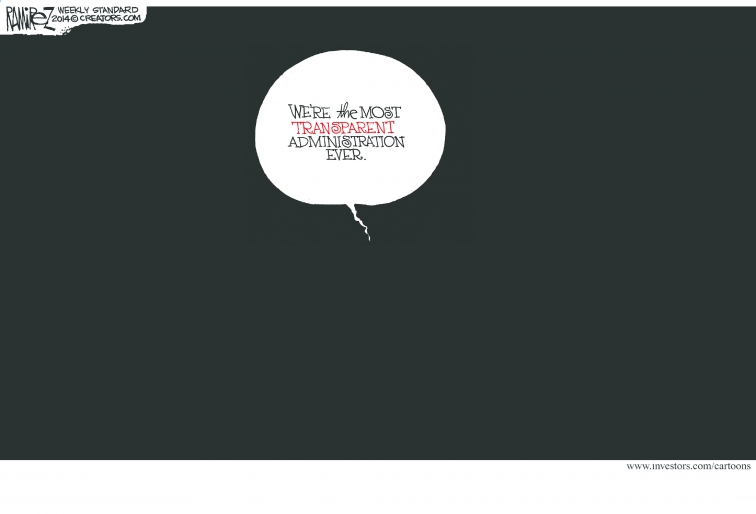Federalism on the Firing Line
With so much attention on the turf war between Congress and the President, it’s easy to overlook another, equally disturbing separation-of-powers crisis – the swift erosion of federalism.
Just as the U.S. Constitution assigns certain powers and duties to the three coequal branches of the federal government (legislative, executive, and judicial), so too does it differentiate lines of responsibility between the federal and state governments. This latter idea is known as federalism, and it’s in pretty bad shape according to a thought-provoking essay by Richard Epstein and Mario Loyola.
In particular, the practice of conditioning receipt of federal money on capitulation to federal regulations is turning states into mere enforcement officers.
“Federal officials exert enormous influence over state budgets and state regulators, often behind the scenes,” write Epstein and Loyola. “The new federalism replaces the ‘laboratories of democracy’ with heavy-handed, one-size-fits-all solutions. Uniformity wins but diversity loses, along with innovation, local choice, and the Constitution’s necessary limits on government power.”
Both parties are guilty, but the Obama administration has accelerated the trend. Poison pill programs like Common Core, ObamaCare’s Medicaid expansion, the federal highway system and the Clean Air Act all condition money for popular programs on local officials committing their states to dependency status.
“Federal ‘assistance’ to the states currently accounts for 30 percent of state budgets, on average,” according to the authors. “Since the early 1980s, the federal government has transferred about 15 percent of its budget to the states, which is almost as much as the federal deficit in an average year.”
Let that sink in for a moment. Annual federal transfer payments to the states roughly equal the yearly federal budget deficit.
Of course, eliminating the deficit isn’t as simple as zeroing out all federal-state spending relationships. Much of the logic of federal transfer payments hangs on the idea that poor states are funneled the resources they need to close the gap on some quality of life indicators with rich states. Until relatively poor states like North Dakota are allowed to fully exploit their natural economic advantages – such as being able to extract and export its huge oil reserve – ending redistribution without removing wealth-inhibiting regulations doesn’t make sense.
However, seeing the connection between the deficit and transfer payments to states does highlight the unsustainable nature of our current federalism-destroying arrangement. If we as Americans want to have more financial flexibility at the national level, we first need to remove the barriers to economic opportunity at the state and local level.





 CFIF Freedom Line Blog RSS Feed
CFIF Freedom Line Blog RSS Feed CFIF on Twitter
CFIF on Twitter CFIF on YouTube
CFIF on YouTube